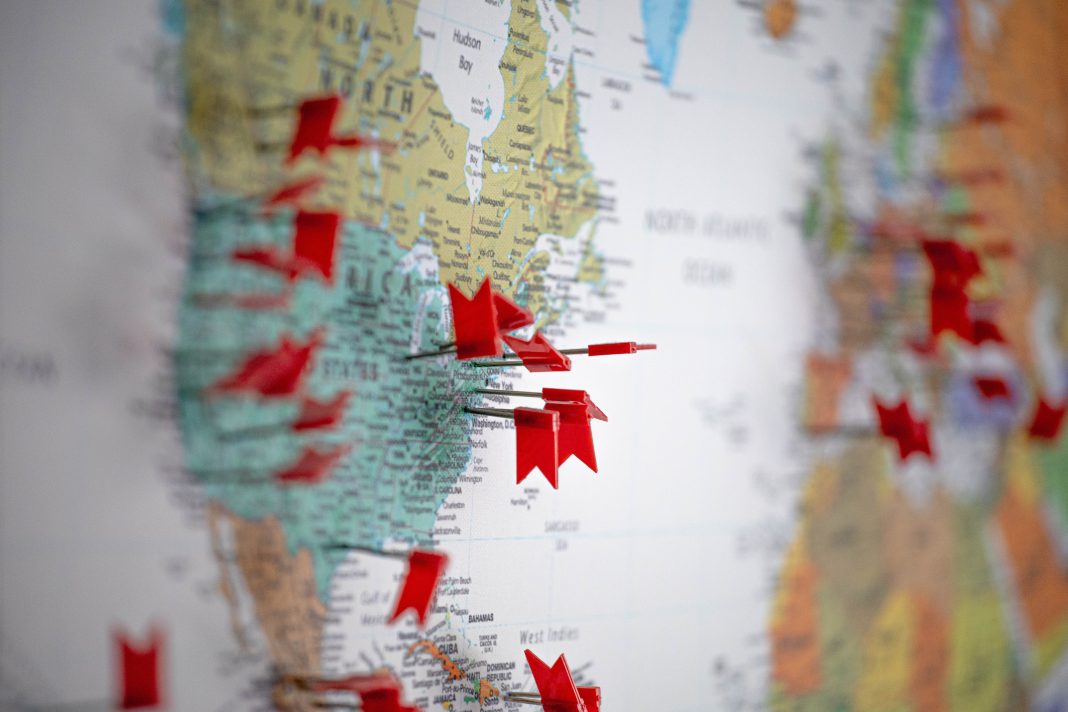By for PassBlue.
This article featured originally on PassBlue.
Ruchira Kamboj, India’s ambassador to the United Nations, said the Security Council could no longer afford to delay being more reflective of the diversity of the UN “wider membership” if it wants to remain relevant. The South Asian country of nearly 1.4 billion is president of the Council for December, the second time in its 2021-2022 elected term, which finishes at the end of the month. Once again, India is dedicating its leadership status to pursue the realization of a “new orientation for reformed multilateralism” — changing the Council to include India as a permanent member.
In an interview days before India’s Council presidency began, Kamboj told PassBlue that the UN’s most prestigious body is still stalling to ensure a truly geographic representation, more than two decades since world leaders agreed on the need for reforms. Critics of the Council have always called its structure outdated, granting Britain, China, France, Russia and the United States permanent seats with veto power and 10 members elected on rotational two-year terms.
Kamboj is India’s first woman permanent representative, although she dismisses such labels. She said that the development architecture beyond the UN was also seriously distorted and called for “intense efforts” to realign global financial and trading systems to address the lopsidedness.
“The multidimensional crises facing the world today certainly demand a representative, multilateral architecture that is reflective of contemporary global realities and is well equipped to meet the emerging challenges,” she said in a Zoom interview from her office near UN headquarters in New York City.
Even though Kamboj is worried about the slow pace of reforms at the UN, India sees a ray of hope arising from the 77th opening annual session of the General Assembly in September, where 76 countries expressed support for changes in the structure of the Council. At least 129 of the UN’s 193 member states are required to back changes to the UN Charter that defines, among other aspects, the organization of the Council.
India’s mission is to push this conversation with an open debate in the Council on Dec. 14, to be chaired by External Affairs Minister Subrahmanyam Jaishankar. Kamboj and her team hope the session will be an exchange of ideas to ensure the emergence of a diversity-sensitive Council, reflecting global trends.
The other main focus for India’s presidency is to improve the global counterterrorism approach, through a Dec. 15 open debate. Terrorism remains a major threat to global peace, Kamboj said. For India, it is an area of special concern as terrorism increasingly undermines the safety of lives and property back home and in the South Asia region as well as in parts of Africa, such as the Sahel area. Jaishankar is planning to chair the debate. Kamboj said the proliferation of digital technology represents another layer of danger in the universal threat of terrorism as it presents a new channel that can be exploited to finance transnational crime.
“The existing and emerging threats call for a renewed, collective approach to terrorism,” Kamboj said. “This high-level briefing of the Security Council will provide an opportunity for the Council to take stock and build on the recent deliberations of the UN Counter-Terrorism Committee meeting held in India in October this year.”
India heads the Counter-Terrorism Committee of the Security Council until Dec. 31. A meeting of the committee in October on battling new technologies that are used in terrorist attacks resulted in the adoption of the Delhi Declaration. It spells out approaches for global collaboration to combat the universal and transnational threat of terrorism.
In a letter seen by PassBlue, Kamboj laid out to Council members India’s specific agenda for the Dec. 15 debate, saying, in part, “The era of classifying terrorists as ‘bad’, ‘not so bad’ or ‘good’ based on political convenience must end immediately.” One of the “guiding questions” to shape the Council debate, she added, includes “Has the lack of a common international framework weakened our fight against terrorism?” The UN’s top counterterrorism expert, Vladimir Voronkov, is scheduled to speak at the session.
Cover Image: Naveed Ahmed, Unsplash
























